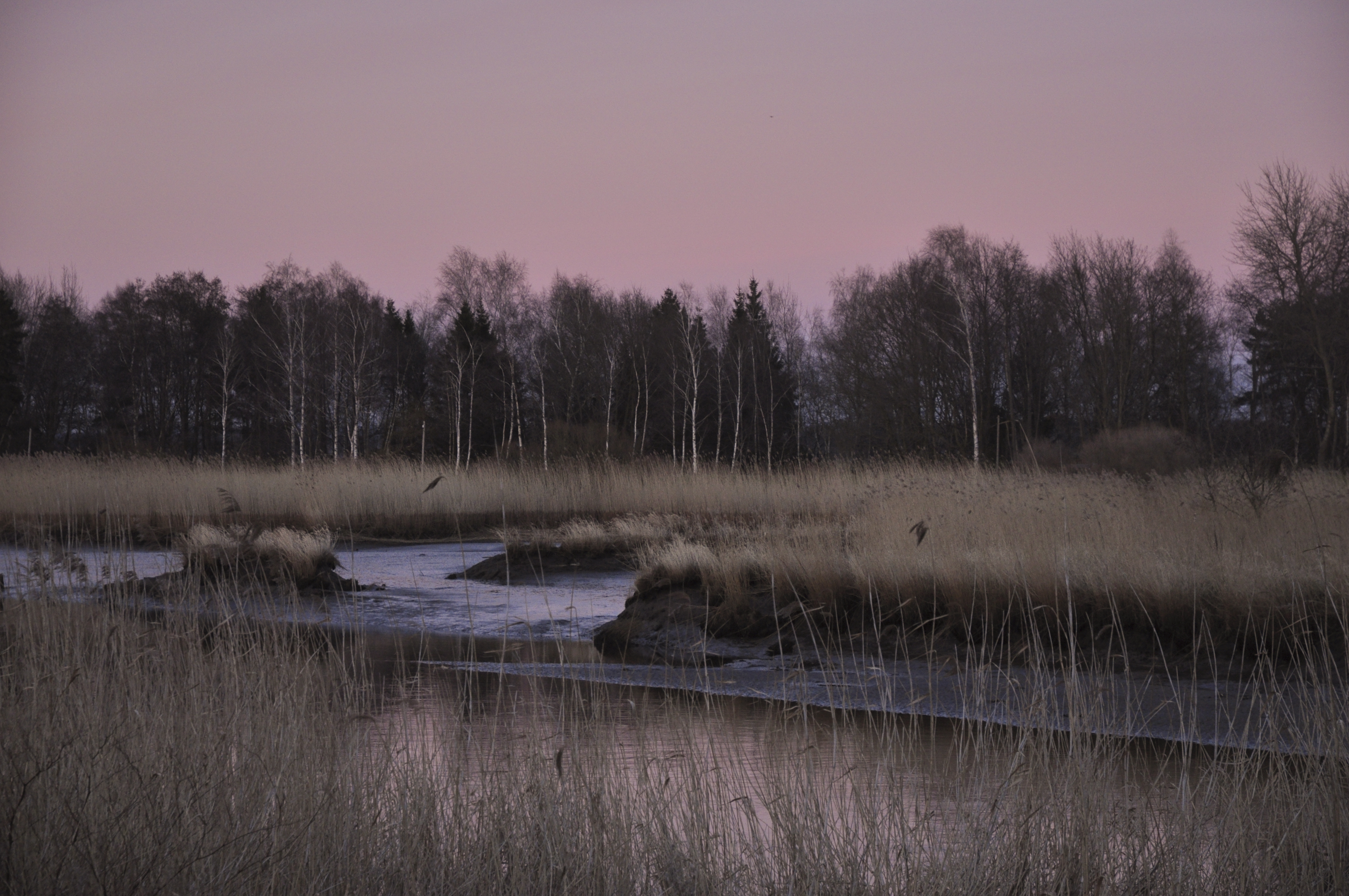In the beginning, there were uncles. After a while, there were uncles and aunts. Now, Julie’s Uncle Eddie doesn’t come around anymore.
“Hope he doesn’t think he’s getting dinner at this house today,” Grandma says every Sunday.
The fridge is a photo album. All the baby cousins, Julie’s mom with baby Julie, all the uncles except Uncle Eddie.
Grandma makes roast beef sandwiches for Uncle Leon and Uncle Roland and Uncle Oscar and Uncle Pete.
“Just see what happens if he shows up here.” She glops on mayonnaise and spreads it thick. “Ungrateful.”
Uncle Roland pinches Julie on the shoulder. “Jesus, you’re getting tall.”
Julie opens Grandma’s junk drawer and looks at the all the junk.
“Did he ever mow like Rhonda’s boy?”
“Ma, I can mow,” Uncle Leon says.
“You’re not going to mow. But did you ever see him clean these windows or climb up on the roof and unclog the gutters? No. Daddy got up there after a storm, with his bad knee. He could have slipped.”
“I didn’t slip,” Grandpa shouts from the family room.
“He could have fallen.”
Until now, there has always been baseball. Now, the baseball players are on strike. Grandpa watches men on TV talking about the strike. When it will end, and how much money.
“There will be baseball again,” Grandpa says when Julie perches on the arm of his recliner. “Baseball will never go away for good.”
The aunts sit in lawn chairs in the yard and ash their cigarettes into a bucket.
Mom says, “Why don’t you go outside and play?”
Julie paints her nails with Wite-Out.
The cousins are babies in diapers with bottles. Julie fills a baby bottle with RC Cola and sucks.
“You’re going to fuck up your teeth,” Uncle Leon says.
“Watch your mouth,” Grandma says.
Grandma tells Julie she has beautiful teeth.
Julie carries a cousin on her hip and pretends he is her own immaculate conception.
Uncle Eddie was ten when Julie was born. Now he is twenty, exactly double her age. He grew his hair long like a girl’s. The church doesn’t want him like they don’t want Mom, but not because he’s divorced.
At dusk, the uncles take the trash down to the barn to burn. Julie watches from the porch as flames rise up from the drum and light their faces. Black smoke streams into the sky.
“If you see him,” Grandma says low to Mom, “Tell him not to show up without calling. Give me a chance to clean the place.”
The aunts put sleeping babies in car seats and the cars line up to leave. Beyond their headlights and Grandma’s porch light, the world is dark and full of stars.
“Is Uncle Eddie on strike?” Julie asks from the backseat.
For the first time all day, Mom laughs. “You could say that.”
“Why?”
“Why do you think?”
Julie pictures the men talking about the baseball players. “I think sometimes people have to disappear to be seen.”
—
Shayne Terry is a Midwestern transplant living and writing in Brooklyn. Her work has appeared in American Chordata, Wigleaf, Vol. 1 Brooklyn, and elsewhere and has been nominated for a Pushcart Prize. She is a founding member of the Rumble Ponies Writing Collective. Read more at shayneterry.com.
Artwork by: lachslove
lachslove is a multigenre photographer with a focus on artistic landscape photography. Based in Leipzig, Germany, he seeks to capture landscapes by coming up with innovative photo techniques and using his old cameras. For him photography is made in the moment It transports in a specific and special point of view. There is a big potential to bring feelings about that special point of view to another person. Where words end, pictures begin.
Links
Instagram: @lachslove_

